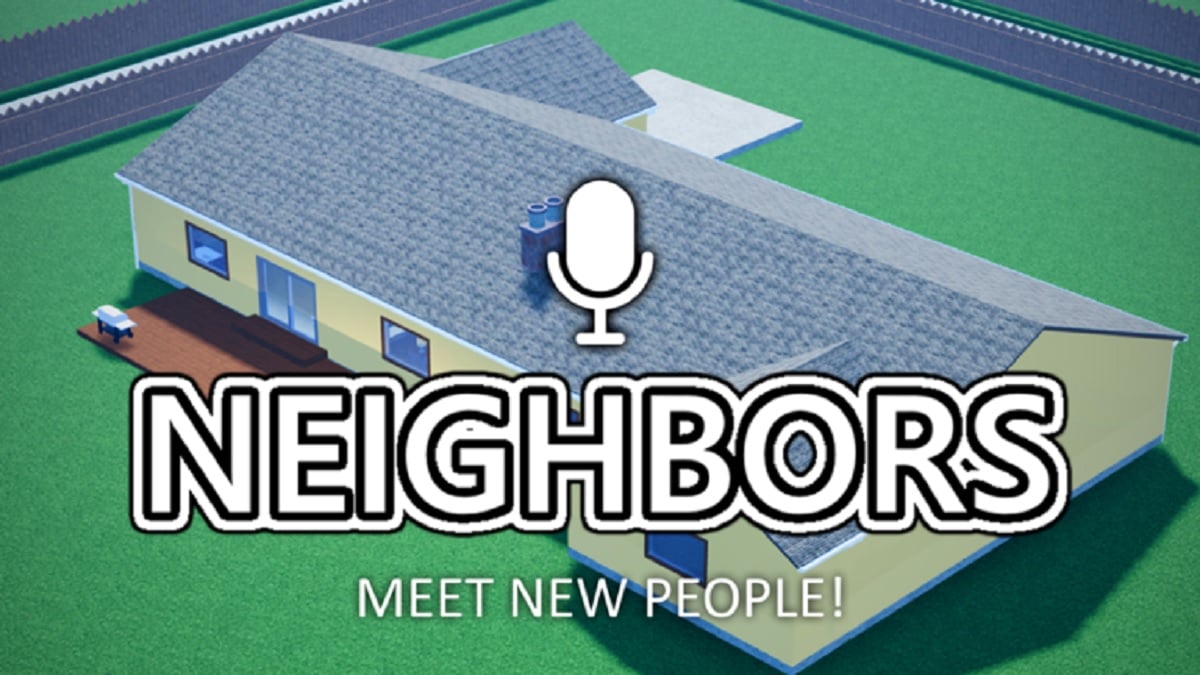Glitchspace on PC
In this day and age, one of the best things a game can do is deliver something new. Glitchspace, a first-person puzzle game with a very interesting core mechanic, definitely fits the bill. Glitchspace stands out by giving players a fantastic and versatile tool that allows players to move, change, and manipulate the world itself, putting a fantastic spin on the typical platformer. It may not be the most intuitive approach, but it’s certainly unique.
Glitchspace takes place in what looks like you might imagine the framework of a game to be. Largely free of textures or fine detail, the entire world looks like a partially-completed space. The only really remarkable thing about it is the bizarre cube-like tool that players can use to manipulate certain objects. This begins with simple spatial changes, moving an object’s place in the world. Of course, this gets much more complex further in.
Glitchspace uses a somewhat bizarre interface for its core tool, with players linking together “rules” to apply to a given object. The introductory rules apply a number, a vector, and the “transform” operation; linking these together will move the object along whichever axis you’ve selected. By doing this, players can move a wall out of their way, or use a flat surface as an elevator.
Getting the hang of using Glitchspace’s object manipulation is not entirely intuitive, but it’s logical enough once you begin to piece it together. As you progress, more complex actions become available. Changing an object’s collision physics can allow players to pass through, or cause you to bounce off in incredible fashion. While the game does limit what rules you can apply to any given object in story mode, the sandbox mode is a great playground for learning how the tool works.
If there’s anything holding Glitchspace back, it’s the interface for the tool itself. While the early going does a pretty good job of trying to show off how it’s used, it’s still tough to get used to. Any time a new rule type is introduced, it feels like a guessing game trying to work out what exactly it does and how it needs to be employed. Once you’ve gotten the hang of one thing, something else is thrown in the mix, and it can be pretty disorienting.
Even with the strange interface though, Glitchspace definitely stands out as something special. It has a feel that’s not unlike Portal, though without the story and humor that made Valve’s physics-puzzler stand out. For an Early Access title, though, there’s a lot to be curious and optimistic about here. I’m not exactly convinced that the $12.99 price of admission on Steam fits the current status well, but it could well be a fair price on the final product.
Ultimately, Glitchspace is a solid pickup if you’re into physics-based puzzles. The intentionally-unfinished look and less than intuitive interface may put some players off, but it’s possible some of this will be overhauled or polished as the game nears its actual release. If nothing else, it’s one to keep an eye on and could prove to be a fun title to play around with and explore if only for the interesting take on the genre.
Score: 3/5
Pros
| Cons
|






Published: Nov 1, 2015 07:16 pm